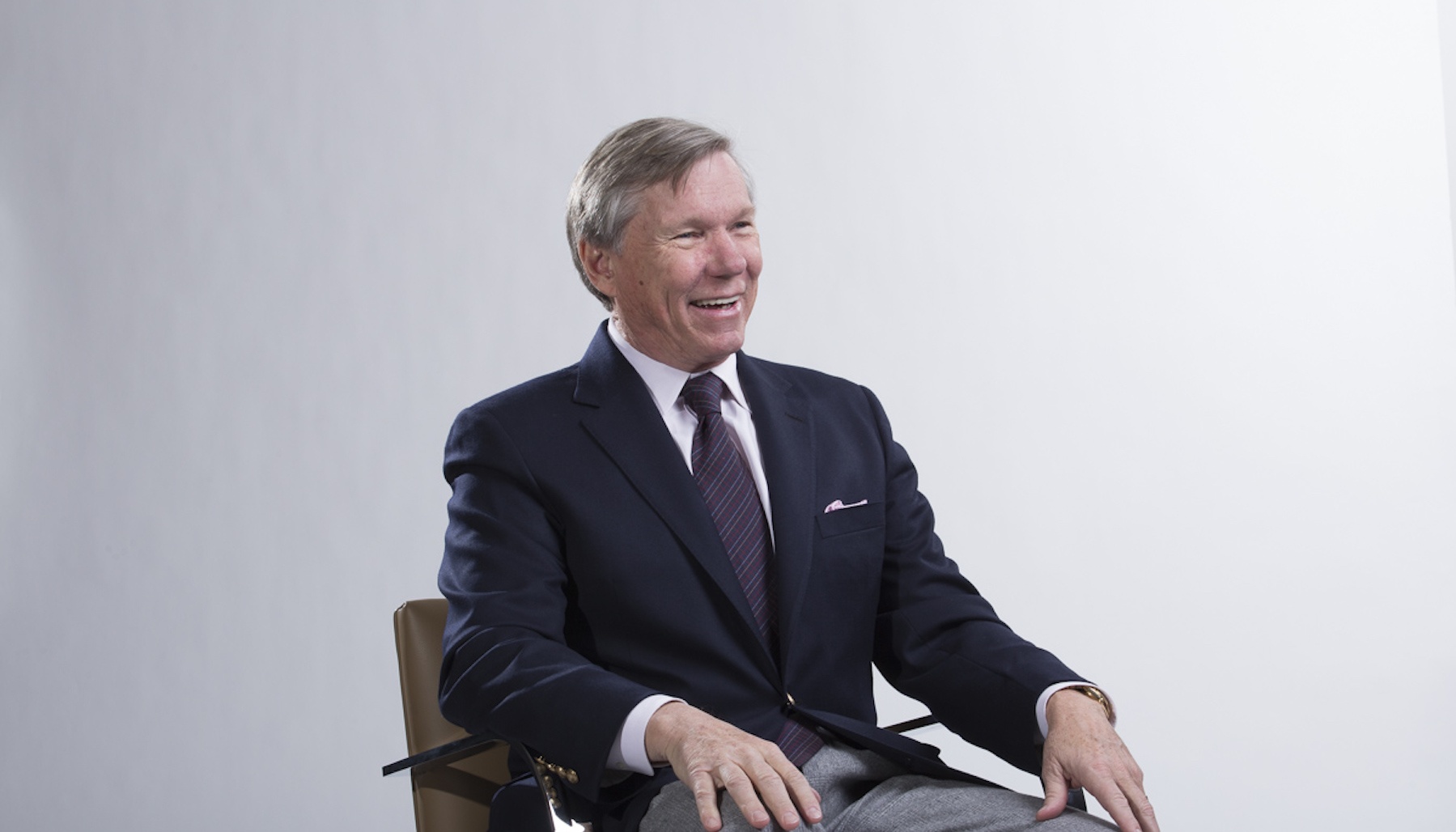I bet you thought this column was, once again, going to discuss coronavirus. But I figured I’d keep that topic in quarantine for a week. It will re-emerge soon enough, no doubt.
Instead, let’s talk about the other story that’s consumed headlines this past week, the presidential race.
In the wake of Super Tuesday, we now know that at this time next year, barring an unexpected twist, one of three men will occupy the Oval Office. And that man will be at least 73 years old.
There’s not much that unifies Donald Trump, Joe Biden and Bernie Sanders. They boast different biographies and equally divergent political philosophies. Still, they share a pair of important traits.
Each is old. And each has, to date, refused to release his medical records.
Just a number?
You can tell yourself that age is nothing more than a number. But by the time you hit your 70s, Father Time rubs elbows with you.
I can say that because, at 72, I’m getting to know that gray-bearded fellow pretty well. I can also say it because, demographically, it’s true.
According to the National Center for Health Statistics, the average male life span in this country is 76.2 years. If Donald Trump (73) wins re-election and remains in good health, he’d hit this milestone during his second term. Meanwhile, Joe Biden (77) and Bernie Sanders (78) have already passed it.
In other words, both men competing for the Democratic nomination are already statistically dead.
I am, of course, joking. (Please, statisticians, no emails!) But there is some truth in this humor.
Climbing risk
The likelihood that some catastrophic health situation will befall us accelerates as we age. Indeed, age represents the single biggest risk factor for most dreaded illnesses, including cancer, Alzheimer’s and heart disease.
Actuaries have a name for this phenomenon — the Gompertz law. Formulated by a British actuary almost two centuries ago, it calculates that once we reach adulthood, our mortality rates double every eight years.
That’s not such a big deal when you’re going from your 20s to your 30s or even your 40s to your 50s. But as we climb in age, all that doubling starts adding up to a scary figure.
In other words, Joe Biden and Bernie Sanders have already beaten the odds by living this long, and Donald Trump is right up against them. What are the chances they’re going to do so for another four — or eight — years?
While that may sound like a rhetorical question, insurers and doctors have a way of formulating something resembling an answer. But to do so requires a person’s medical records.
Letters from the doctor
Taking a page from President Trump’s playbook, the Democratic candidates have released only brief letters from their physicians. Those summaries pronounce Biden a “healthy, vigorous 77-year-old male” and describe Sanders as someone possessing “the mental and physical stamina to fully undertake the rigors of the presidency.”
I guess that’s a nice start. But does that quell your concerns about a septuagenarian who’s suffered an aneurysm and an intracranial hemorrhage (Biden) or one who, just months ago, had to step off the campaign trail due to a heart attack (Sanders)?
When he was still a presidential candidate, Pete Buttigieg said, “We’ve got to do better. I would look to the Obama standard of releasing not just a letter from a doctor, but actual results from a physical.”
Buttigieg has a good point, especially when it comes to senior citizens with a known history of life-threatening medical conditions. Still, that’s an easy position to take when you’re 38. Let’s see how Mayor Pete feels in 40 years or so.
Recently, The Washington Post took a clever approach to assessing the chances that various Democratic candidates would, if elected, die in office. The paper priced term life insurance policies for each of them.
Unsurprisingly, Buttigieg’s policy proved cheap, at less than $20 a month. Meanwhile, experts doubted that either Sanders or Biden could even procure coverage given their age and health histories. And if they were able to buy a policy, the Post estimated that it would come with a monthly cost of several thousand dollars.
Assuming the worst
Obviously, the candidates are under no obligation to share their records with us. But in the absence of that hard information from which we — with the help of experts — can draw informed conclusions, we should assume the worst.
Imagine, for example, that each of these three senior citizens has lurking health problems characteristic of men their age. They may know about them; they may not.
Indeed, they may be like Paul Tsongas, who ran against Bill Clinton in 1992 and revealed that he’d suffered from cancer. What he didn’t say at the time was that he’d suffered a relapse. Tsongas died in January 1997, at what would have been the end of his first term.
I don’t expect to see Trump, Biden or Sanders change course on this issue. That means we all need to pay close attention to their choice of running mates.



